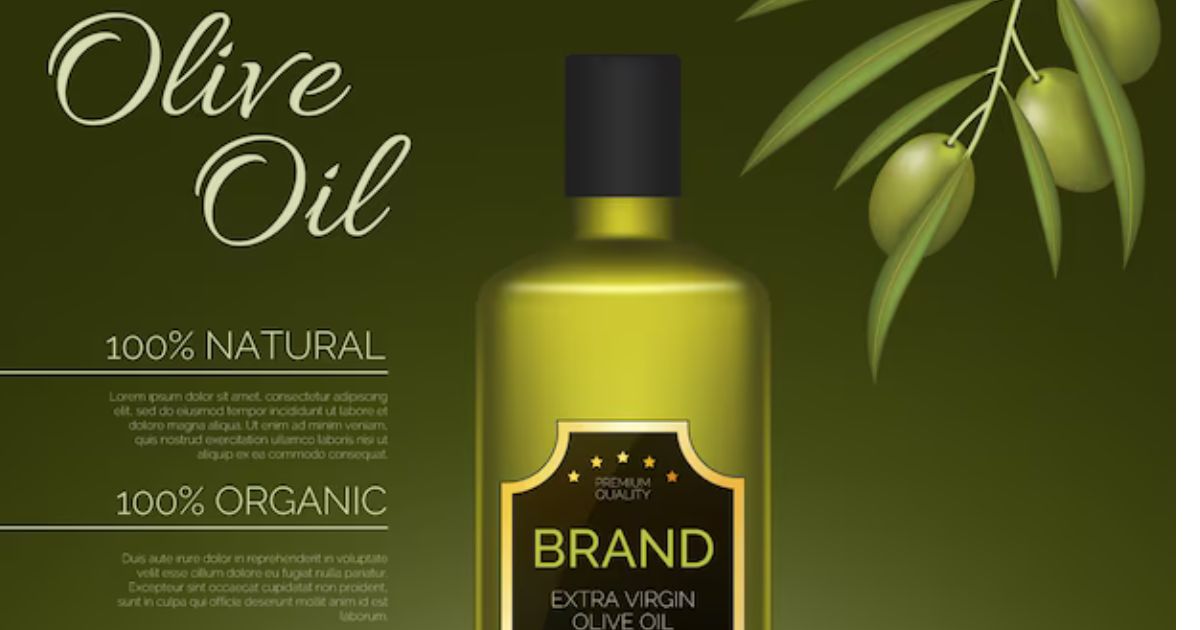Extra virgin olive oil is made from the fruit of the olive tree and is highly prized for its many health advantages, adaptability in cooking, and deep flavor. It has been a mainstay of Mediterranean cuisine for generations. It represents healthy living and is more than just a simple cooking item. This post will discuss olive oil’s many uses, varieties, and health advantages as well as how to include it into your daily routine.
Types of Olive Oil
Olive oil comes in several varieties, each with its own characteristics and best uses:
Extra Virgin OliveOil (EVOO): This is the highest quality of its, extracted through cold-pressing without the use of chemicals. It retains the most antioxidants, vitamins, and natural flavor. EVOO is ideal for salads, dressings, and drizzling over dishes.
Virgin OliveOil: Slightly lower in quality compared to EVOO, virgin olive oil is still made from pure olives without chemical treatment but may have a slightly higher acidity. It’s great for cooking at low to medium heat.
Refined OliveOil: This type undergoes chemical processing to neutralize strong flavors or imperfections. It’s suitable for high-heat cooking like frying, though it lacks the robust flavor and nutrients of virgin or extra virgin varieties.
Olive Pomace Oil: This is made from the remaining olive pulp after the oil has been extracted. It’s commonly used in commercial kitchens and for frying due to its high smoke point but isn’t as nutrient-rich as other varieties.
Health Benefits of Olive Oil
Its particularly extra virgin olive oil, is known for its health-boosting properties. Here are some key benefits:
Rich in Monounsaturated Fats: It is packed with healthy fats, primarily oleic acid, which has been linked to reduced inflammation and better heart health.
Loaded with Antioxidants: Extra virgin olive oil contains powerful antioxidants like vitamin E and phenolic compounds, which help protect the body from oxidative stress and reduce the risk of chronic diseases.
Promotes Heart Health: Numerous studies have shown that it can lower bad cholesterol (LDL) levels and improve good cholesterol (HDL) levels, leading to a healthier heart and reduced risk of stroke and heart disease.
Anti-inflammatory Properties: It has anti-inflammatory effects that may help combat conditions such as arthritis and other inflammatory diseases, thanks to compounds like oleocanthal.
Supports Brain Health: The antioxidants in it can protect brain cells from damage, potentially lowering the risk of cognitive decline and Alzheimer’s disease.
Weight Management: While it is calorie-dense, it’s been shown to aid in weight management by promoting a feeling of fullness and boosting metabolism.
How to Use Olive Oil
OliveOil’s versatility extends beyond the kitchen. Here are some creative ways to incorporate it into your lifestyle:
Cooking: OliveOil is perfect for sautéing, roasting, and grilling. Its rich flavor enhances vegetables, meats, and even bread. For high-heat cooking, opt for refined olive oil, while EVOO is best used in low-heat cooking or raw.
Salad Dressings: OliveOil forms the base of many delicious salad dressings. Combine it with vinegar, lemon juice, or mustard to create a simple yet flavorful dressing.
Dips and Spreads: EVOO can be paired with balsamic vinegar and herbs for a delightful bread dip. It can also be blended into spreads like hummus for added creaminess.
Beauty Treatments: OliveOil is also popular in natural beauty regimens. It can be used as a moisturizer for skin and hair, offering hydration and a natural glow. Some people also use it to strengthen nails and soften cuticles.
Medicinal Use: OliveOil can soothe skin irritations, help alleviate constipation when taken orally, and is a gentle remedy for ear wax buildup.How to Choose the Right this .When selecting olive oil, look for:
Cold-pressed or Unrefined: These oils are minimally processed and retain the most nutrients and flavor.
Dark Bottles: OliveOil degrades when exposed to light, so choose oils that come in dark, tinted bottles to protect their quality.
Harvest Date: Freshness matters, so check the harvest date or best-by date to ensure you’re getting fresh oil.
Certified Organic or Extra Virgin: These labels often indicate higher quality and fewer chemicals used in production.
Storing Olive Oil
To maintain its quality, store olive oil in a cool, dark place, away from direct light and heat. Properly stored olive oil can last up to two years, although it’s best used within a few months of opening for maximum flavor and benefits.
Conclusion
Olive oil is much more than just a cooking oil—it’s a cornerstone of healthy living. Its rich array of nutrients and antioxidants make it a powerful ally in maintaining heart health, reducing inflammation, and even supporting brain function. Whether drizzled over a salad, used as a dip, or applied as a natural moisturizer, olive oil is a versatile and beneficial addition to your daily routine. Choose high-quality extra virgin varieties for the best flavor and health benefits, and savor the goodness that olive oil has to offer.
FAQs
Describe its production process.
Olive oil is a liquid lipid that is derived by pressing or processing olives, the fruit of the olive tree. Extra virgin olive oil (EVOO), one of the best olive oils available, is produced by cold-pressing olives without the use of additives, preserving the oil’s nutrition, flavor, and antioxidants.
Is good for cooking?
Yes, it is great for cooking. Extra virgin olive oil is ideal for drizzling on salads, raw dishes, or light sautéing, while refined olive oil can be used for high-heat cooking like frying. However, to preserve its nutrients and flavor, EVOO is best used in lower-heat dishes.
Can be used for beauty purposes?
Yes, it is a popular natural beauty treatment. It can be used as a moisturizer for skin and hair, helps soften cuticles, and can even be used as a gentle makeup remover. Its hydrating and antioxidant properties make it great for skin health.
How should be stored?
it should be stored in a cool, dark place, away from direct light and heat, to maintain its quality. It is best to use it within a few months after opening, but properly stored olive oil can last up to two years.
Can it help with weight loss?
While it is calorie-dense, its healthy fats can promote a feeling of fullness and improve metabolism, making it easier to manage weight when used in moderation as part of a balanced diet.











One thought on “Nourish Your Life with Olive Oil”